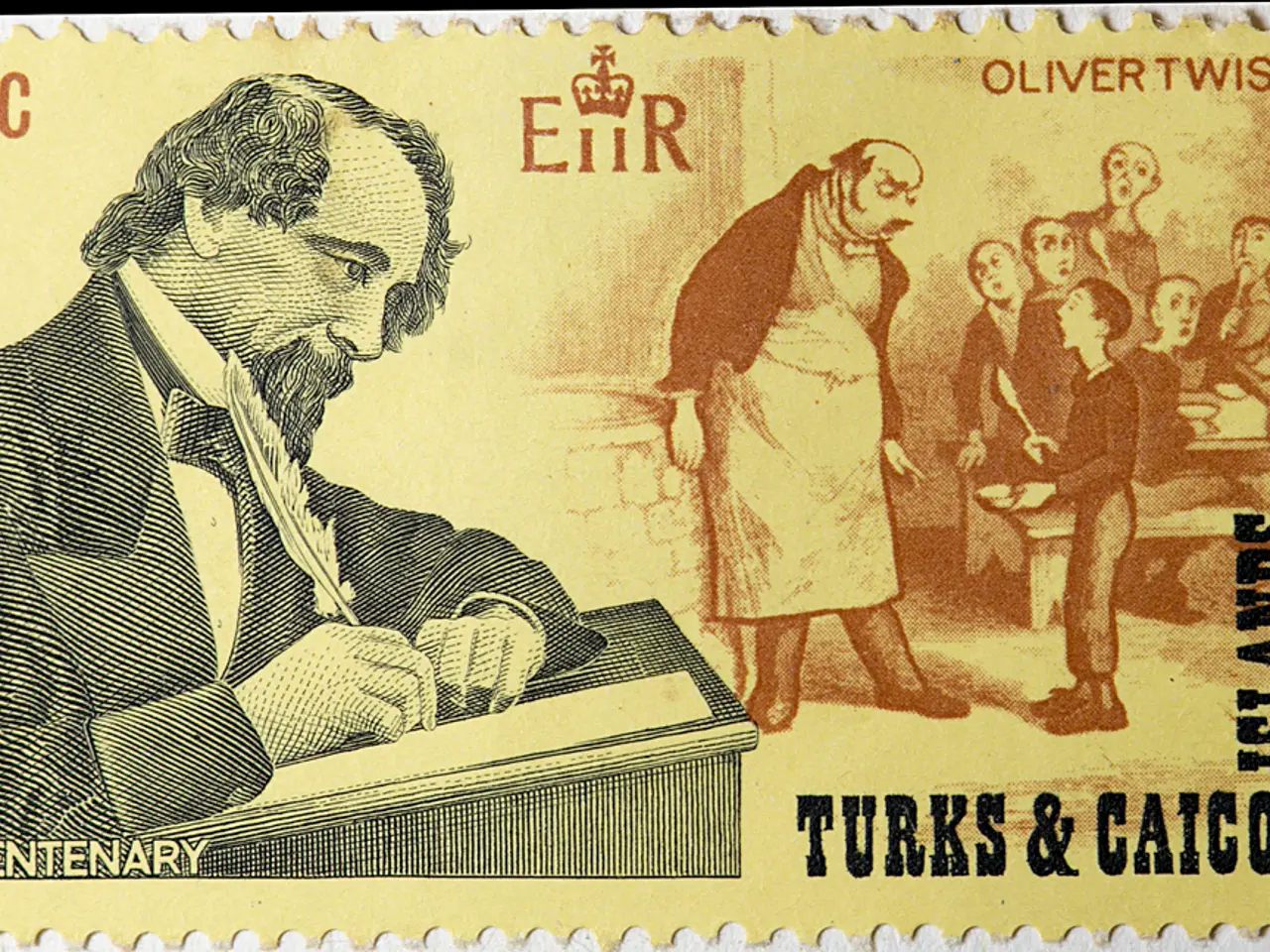Postmaster General advocates for self-governance of USPS, dismissing calls for privatization
The United States Postal Service (USPS) has entered a new era with the appointment of David Steiner as its Postmaster General. Amidst ongoing financial struggles and political debates, Steiner faces the challenge of steering the postal service towards a more stable future.
One of the key aspects of Steiner's reform plan is a focus on improving on-time delivery. Currently, USPS delivers approximately 85% of first-class mail on time, falling short of its target of 88%. To achieve this goal, Steiner plans to prioritize operational performance, which he believes will unlock strong long-term revenue growth.
In a bid to cut costs, USPS has eliminated contracts with FedEx for air transportation of mail and has instead opted for ground transportation. This move, however, has raised questions due to Steiner's ties to FedEx, a significant competitor in the multibillion-dollar package industry.
Steiner generally supports the reform plan initiated by his predecessor, Louis DeJoy, and believes it has improved competitiveness. However, the plan has not been without controversy. In January, the Postal Regulatory Commission expressed concerns that the changes would not help the agency regain its long-term financial footing and would lead to "disproportionate" cuts in service across rural communities.
The financial health of USPS remains a concern, with the agency expecting to end this fiscal year with a net loss of $6.9 billion. In an effort to address this, USPS raised the price of a first-class Forever stamp from 73 cents to 78 cents on July 13.
The Trump administration has been actively pursuing control over USPS mechanisms as part of a broader privatization effort. Reports suggest that the administration is planning to challenge the independence of the USPS by attempting to fire members of the independent government board overseeing USPS and potentially disbanding the Postal Regulatory Commission. These plans, if executed, could dramatically affect USPS operations, including ending the requirement of universal delivery and impacting critical deliveries like mail-in ballots, prescription drugs, and online purchases.
However, these plans face significant legal and political hurdles, including Congressional oversight and ongoing litigation concerning USPS governance and service changes. The White House has officially denied plans to restructure USPS oversight, but reports indicate strong intentions towards that direction.
The proposed changes come after substantial delays experienced by USPS when it opened the first of its new regional mail processing mega-centers, known as Regional Processing and Distribution Centers. The delays have raised questions about the efficiency and effectiveness of these centers.
As the USPS navigates these challenges, Steiner remains committed to maintaining the postal service's independence from the executive branch. He believes that the strength of the USPS resides in its structure as a self-financing independent entity of the executive branch.
[1] The Washington Post, The Wall Street Journal, and other publications have reported on the Trump administration's plans to challenge the independence of the USPS and potentially privatize the service. [2] Several lawsuits have been filed arguing violations of the Postal Reorganization Act in relation to changes initiated by Postmaster General Louis DeJoy that disrupted national mail service.
- The workforce reimagined by Postmaster General David Steiner for the federal workforce at the United States Postal Service (USPS) must consider agency oversight, especially regarding finance and business, as the USPS continues to grapple with financial struggles and faces potential privatization efforts.
- In light of the ongoing debates about the financial future of the USPS, Steiner's plan to workforce reimagined should prioritize operational performance and on-time delivery, focusing especially on cutting costs while ensuring continued service to rural communities and critical deliveries like mail-in ballots, prescription drugs, and online purchases.




